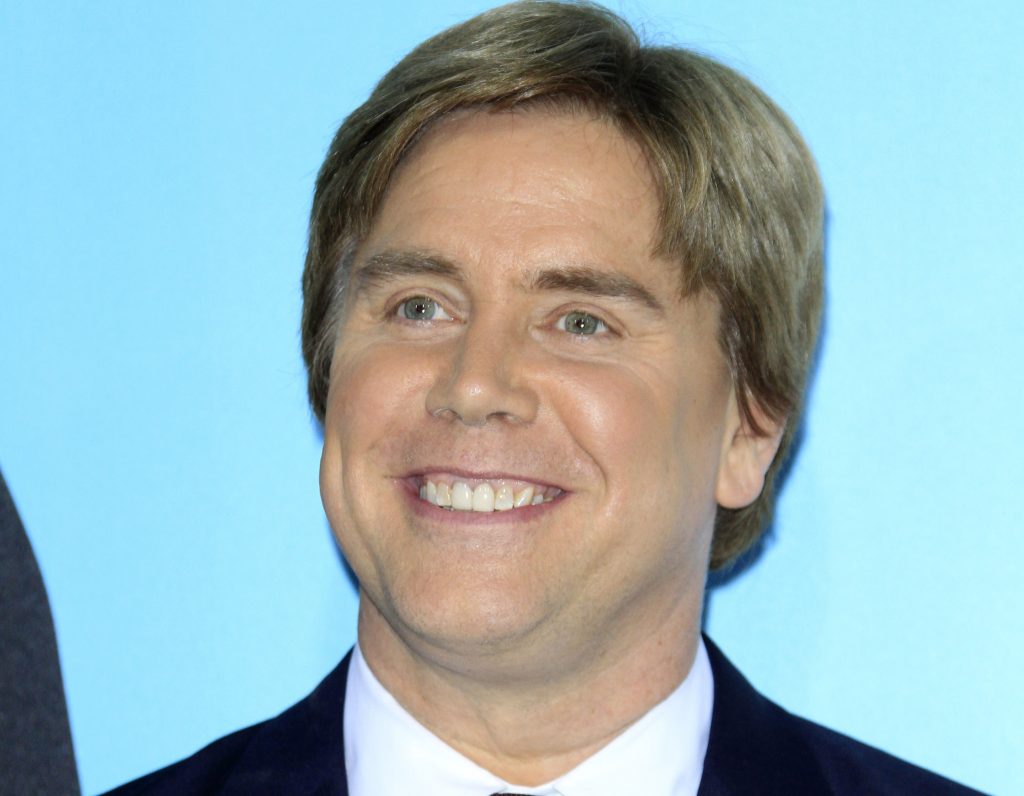Writer and director Steven Chbosky reflects on his faith-driven career
In Hollywood, the transition from young adult book author to writer and director isn’t a typical one. So how did Steven Chbosky do it? In an interview with Angelus News, the Catholic writer-turned filmmaker suggests his faith might hold the answer.
Chbosky found major success after selling more than 2 million copies of his debut novel and modern young adult classic, “The Perks of Being a Wallflower.” He eventually parlayed that feat into earning the right to write and direct the book’s acclaimed feature film adaptation.
Since then, the writer-director has turned his efforts to writing and directing the feature film version of the young adult novel and antibullying tale “Wonder,” which reaped more than $130 million in the U.S. and nearly $300 million worldwide since its box office release last fall.
As the film approached its recent release on DVD, BluRay and streaming platforms, Chbosky took time to discuss how his Catholic faith has shaped his eclectic career.
Based on the book by author R.J. Palacios, the plot of “Wonder” is centered around Auggie, a young boy with severe facial deformities who makes a surprising impact on those around him when he courageously attends real school for the first time.
In it, Chbosky found a story that touched a chord in all kinds of audiences.
“The producers thought ‘Perks’ was a great tonal match for ‘Wonder,’ ” said Chbosky. “I read the book three years ago around the time that my son was born, and thought about the world he and his sister were about to enter, the challenges kids face with bullying and other things, and it felt like the right thing to do. I wanted to make the world a better place and thought I could be in service to this novel.”
While Chbosky loves the underdog aspects of Auggie’s story as a kid trying to fit in despite having to deal with genetic challenges, he felt that what made Palacios’ book shine was the fact it alternated perspectives among characters throughout the storyline.
He maintained that story structure in the film, with distinct segments of the film focusing on Auggie’s family members and a friend over the course of its running time.
“‘Wonder’ also led to an important moral lesson: to have empathy for everyone you meet since they all have a story,” he continued. “Our intentions were good and pure and it really led to something beautiful.”
Beyond that, Chbosky takes pride in the fact that “Wonder” managed to recapture the lost magic of the family films that dominated movie theaters in the 1980s.
“Why do lower budget movies have to be dark and depressing, and bigger budget always be about superheroes? These kinds of movies have been missing from the landscape forever,” said Chbosky. “And when I was growing up, there were so many live-action films that the whole family could go to and genuinely enjoy.”
Chbosky also made his mark on network television as the co-creator of the cult classic CBS series “Jericho,” and wrote the scripts for the feature film versions of “Rent” and the live-action version of “Beauty and the Beast.”
His next project is a Disney film about Prince Charming, while he also has finished his second novel, to be released in 2019.
He feels called to increase empathy and understanding in the harsh current climate of American society.
“As a Catholic, I’m humbled and grateful to be on some level part of being the solution,” he noted. “Whether it’s meant to be fun entertainment, a morality tale or to encourage and reflect a young person’s or family’s experience, people relate to positive change and affirmations. Over the last couple decades, civility and lack of it has become really troubling no matter what you agree on politically.
“When did we become so violently disagreeable? What I love about things like ‘Wonder’ is we can use art to show that everybody is unique and is a hero in his or her life,” Chbosky concluded. “Those who disagree with us politically love their country and family, too. The more that we can build from the things we have in common, the more we’ll confront the things we disagree on.”

